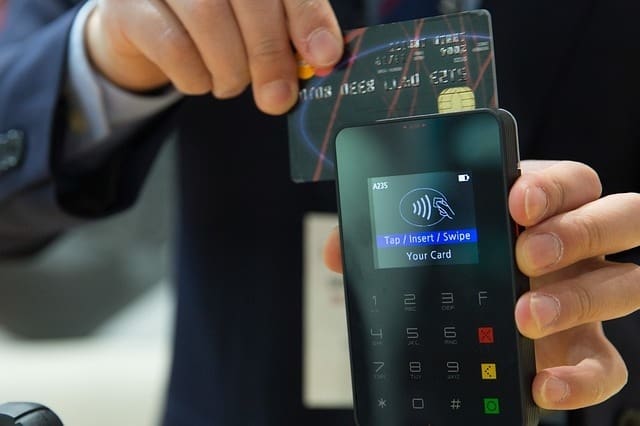Make no mistake about it, hacking of banking information on the internet is on the rise.
Banks all over the world right now are hiring penetration testers (people who try to hack into banks and then write reports on their efforts and give them to the banks), and doing seminars for their employees on the subject of data security.
What can you do as a consumer to lower your chances of being a target? What are the main factors that put you at risk for hacking?
For the past couple years, http://www.data-label.co.uk has also been doing research on this very important topic. Here are some of their findings:
1) Do Your Online Banking At Home.
This is #1 because it’s the most important point. Today, we want to be able to do everything on the run from our phones, and banks even have apps specifically for this, which may encourage you to think that it’s OK to bank over your phone’s data network. But the fact is, this is one of the areas in which your info is the most vulnerable.
2) Ask Your Bank About A Token.
This shuts down many methods of internet hacking, because a token gives you a new code every minute, so, for example, keystroke loggers are rendered useless. Some banks only use tokens with business customers, but this is quickly changing.
3) Have A Strong Password and Change It Often.

If you have a token, this is less of an issue, but it’s still important. Not having a strong password means your account can be hacked with a simple script usually in a matter of mere seconds. And likewise, the odds of there being a problem with a breach on your account increase exponentially the longer you go without changing your password(s). It may be a pain, but it’s a worthwile pain to deal with, for security’s sake.
4) Be Careful Using Social Media
Often people will get hacked and then the hackers will wait until they go on vacation (when they will be distracted) to strike. Try not to announce travel plans before or even during the travel. And save uploading those travel photos for when you get back home.
There are some really cautious and old-fashioned people out there who still wait on line for every transaction to avoid this sort of thing. But with these tips, you can improve security immensely and still live in the modern world.

